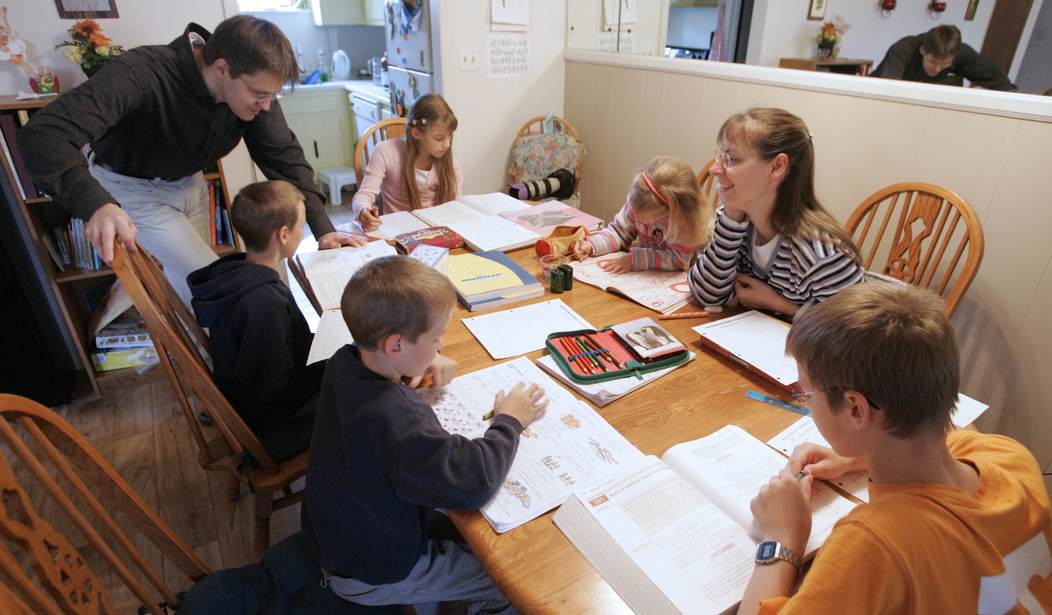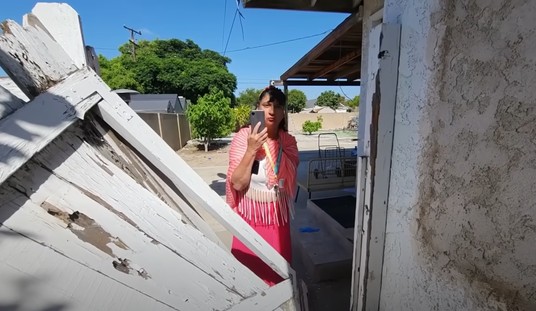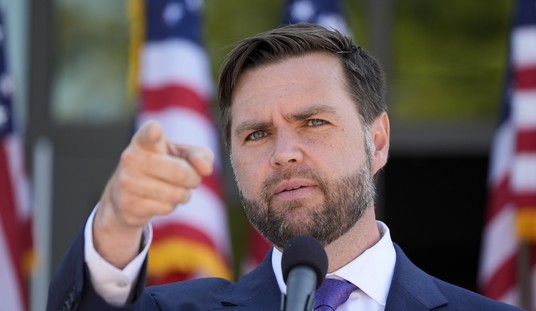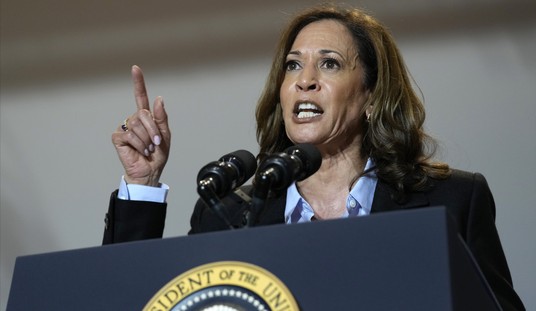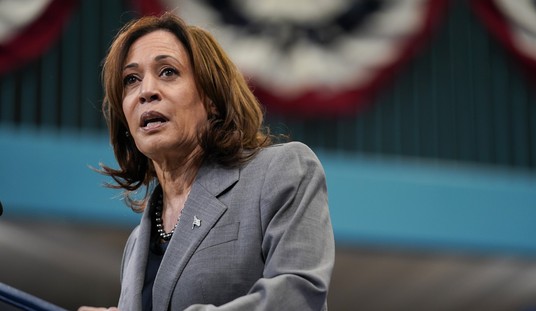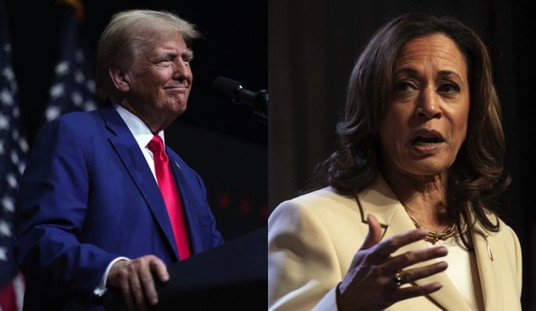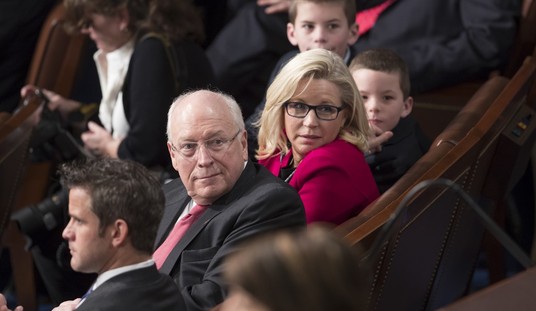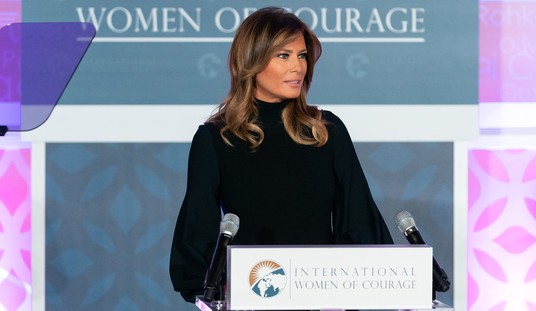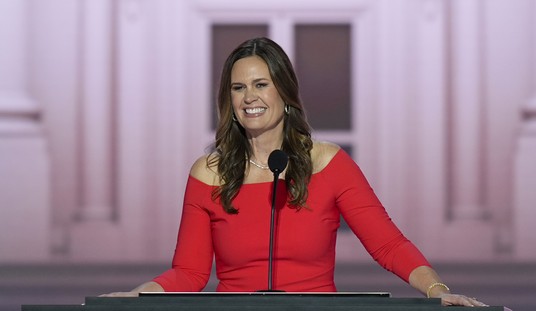My wife and I are the proud and happy heads of a family consisting of four beautiful and brilliant daughters (and three sons-in-law - so far) and six beautiful and brilliant grandchildren. I describe my children and grandchildren as beautiful and brilliant with perfect objectivity, of course, and my judgment is in no way impaired by my being their father and grandfather.
Being a father and grandfather is the proudest thing I've ever done in my life. It assures me of a legacy that will live on long after me; seventy years from now, my youngest grandson may well have a grandson of his own on his knee and be telling him a tale that begins, "Well, let me tell you about my Grandpa."
Judging from the bulk of human history, most people have kids and, in time, grandkids. It's not only a meaningful part of our lives - for many the meaningful part - but it's also a pretty strong biological drive. We are built to reproduce. But I have known people who chose childlessness, for a variety of reasons; some married couples, others who even eschewed marriage or long-term relationships. I don't understand it, but I don't have to. So when I ran across this piece by The Free Press's Kat Rosenfield, I was interested to see the perspective of one of these people. Kat writes:
But as a woman who, like (sculptor Anna Hyatt Huntington,) is happily married but childless, I hardly recognize myself in his description either. For one thing, unlike people with kids, I’m uniquely incentivized to forge meaningful connections within my community—if only so that when I inevitably die alone, someone finds my corpse before my cat eats it in its entirety. (This is assuming my husband predeceases me, but hopefully my efforts on this front will be useful no matter what, since I don’t particularly want his corpse to be eaten by the cat, either.)
She may think she's kidding about her cat eating her after she's gone. I have news for her.
In my life, I've known a few people who were childless by choice. One case was a married couple. I used to go out elk and deer hunting every year with the husband. He explained to me that they had chosen childlessness mostly for economic reasons. They have a small but lovely house in the Colorado mountains, they travel as they please and have only their own needs to consider. Another friend of mine was not only childless by choice but even chose to avoid any lasting relationships, maintaining his old-fashioned bachelor lifestyle in which he had no one to please but himself. He was the only child of older parents, and I often wonder if that had something to do with it - but that's just a guess on my part.
Some people, of course, choose childlessness for other reasons: The climate, for instance, which seems irrational to me - but, I suppose, it's their choice.
See Related: Resurfaced Video: Harris Claims 'Climate Anxiety' Makes Young People Think About Not 'Having Children'
But here is the bit by Kat Rosenfield that jumped out at me:
Jokes aside, I’m also perplexed by the notion that I have no direct stake in America, a place in which I cautiously expect to be living for at least another few decades (and given that my last living grandparent only recently died just shy of her 105th birthday, it might be more like several). It’s not just that a functional government with a strong social safety net may be the one thing that stops me from spending my golden years eating Tender Vittles—or if I’m really lucky, Fancy Feast paté—in a cardboard box under an overpass; it’s that I think often about what the future holds, in a zoomed-out, abstract way, precisely because I have no children in whom a part of me will survive after I’ve turned to dust.
Ay, there's the rub.
There are a couple of things to consider here in this choice.
Say you are, as Kat Rosenfield is, part of a childless marriage by choice. Eventually the unthinkable happens: One of you dies. What, then, of the surviving spouse? I remember very well how my mother reacted after my father, her husband of 71 years, died. It was like a light went out; Mom was never the same and died herself only eight months later, but her remaining months were still spent among her children, grandchildren, and great-grandchildren. What if she had lacked that family? Could there be few fates so horrifyingly lonely than being a 90-year-old widow or widower, all along in a nursing home, with no one to visit, to spend holidays with, whose company they would take joy in?
Most nursing homes, mind you, don't allow cats.
See Related: JD Vance Levels a Reporter Freaking Out Over His 'Cat Lady' Comments
Also: While people are free to choose their own life's paths, it's hard to imagine anything more meaningful than being a parent and, later, a grandparent. At a recent family reunion, I was standing next to my wife, looking at a room full of people - four daughters, six grandchildren, three sons-in-law, and their families, and I commented to my wife, "You know, we did this. All of these people are here today because of the two of us. We two, us - we did all this."
What could bring more meaning to your life than this?
I don't presume to speak for the entire population, nor do I second-guess other people's choice, but for myself, I will only say this: Nothing in my sixty-some years of life has brought me more joy, more comfort, more satisfaction, or a greater sense of accomplishment than my family. Not my career, not my military service; those are significant but they don't come close. And seventy, eighty years from now, there will still be people on the earth who remember me.
That's a pearl beyond price; one for which there simply can be no substitute.

